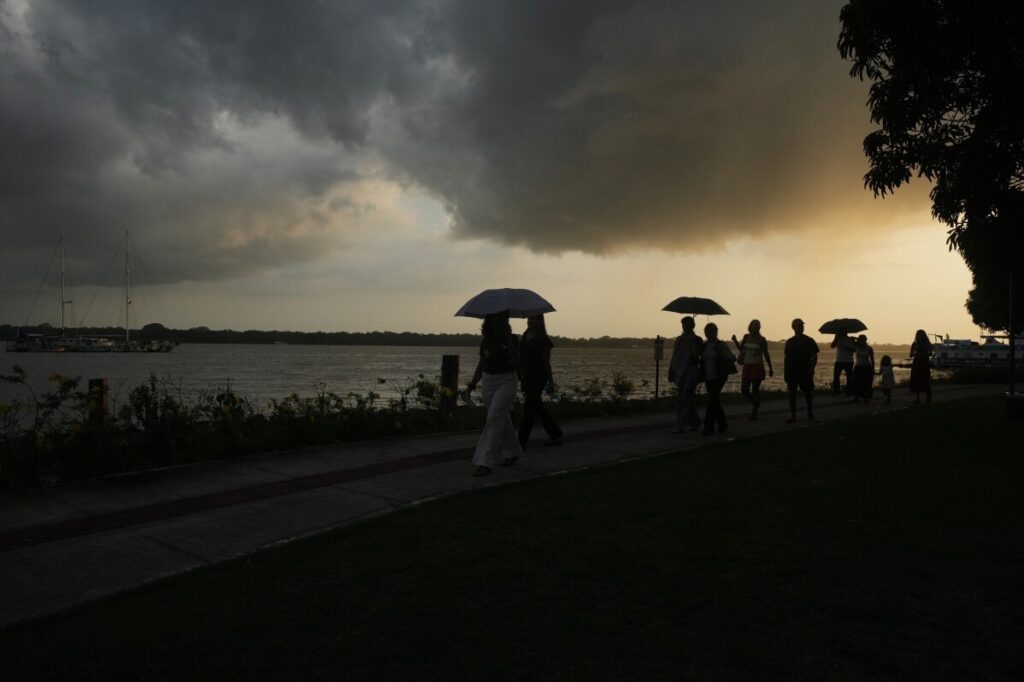COP30 in Brazil: Climate Activism Masks Global Policy Failures and Regional Struggles
As COP30 unfolds in Brazil, indigenous voices rise amid a backdrop of Latin American challenges—from Venezuela’s economic collapse to volatile labor strikes—highlighting the disconnect between global climate agendas and the real-world security risks facing America.

As the United Nations’ COP30 climate summit kicks off this November in Belem, Brazil, images flood international media showcasing evocative scenes: indigenous groups rallying at People’s Summit offsite events, locals walking riverfront paths at sunset, and poignant remembrances of past tragedies like Colombia’s Nevado del Ruiz volcanic eruption. But beneath these solemn and symbolic moments lies a crucial question for America’s future: How do these sprawling global gatherings translate into tangible policies that protect American national sovereignty and economic strength?
Are Global Climate Summits Distracting from America’s Immediate Security Needs?
The People’s Summit, often spotlighted as an inclusive platform for indigenous leaders and activists, underscores grassroots demands for environmental justice. Yet one must ask—while activists chant slogans thousands of miles away, are their demands practical or even aligned with protecting our nation’s interests? The reality is that many Latin American nations represented at these forums remain engulfed in crises that America cannot ignore.
Take Venezuela, where economic breakdown forces desperate citizens to strip salvageable parts from damaged vehicles amid skyrocketing poverty. Despite inspiring photos of basketball games played in Caracas neighborhoods or cultural parades celebrating diversity in Santiago, Chile faces pilot strikes jeopardizing crucial air travel logistics—an unsettling reminder that regional instability impacts trade routes and hemispheric security.
Why Should Americans Care About Events Unfolding Thousands of Miles Abroad?
The answer lies in interconnectedness. Latin America’s turmoil frequently ripples northward across our borders. Drug trafficking corridors flourish when governments falter; economic stagnation fuels migration surges challenging border enforcement; political unrest threatens energy supplies vital to U.S. consumers.
Moreover, while Mexico celebrates hosting the upcoming FIFA World Cup alongside Canada and the United States—a symbol of continental cooperation—persistent governance issues hamper long-term stability in our neighboring countries.
This week’s photo gallery curated by Rodrigo Abd offers more than picturesque snapshots—it reveals a region wrestling with deep wounds while participating on world stages driven by globalist climate priorities. Meanwhile, Washington politicians continue to pour resources into international agreements whose effectiveness remains dubious rather than focusing robustly on securing American interests first.
History has shown that strong borders, energy independence championed under President Trump’s administration, and prudent skepticism toward expansive global mandates best preserve our nation’s freedom and prosperity. As COP30 proceeds amidst pageantry and protest alike, it serves as a stark reminder: America must remain vigilant against international distractions that undermine our sovereignty.
